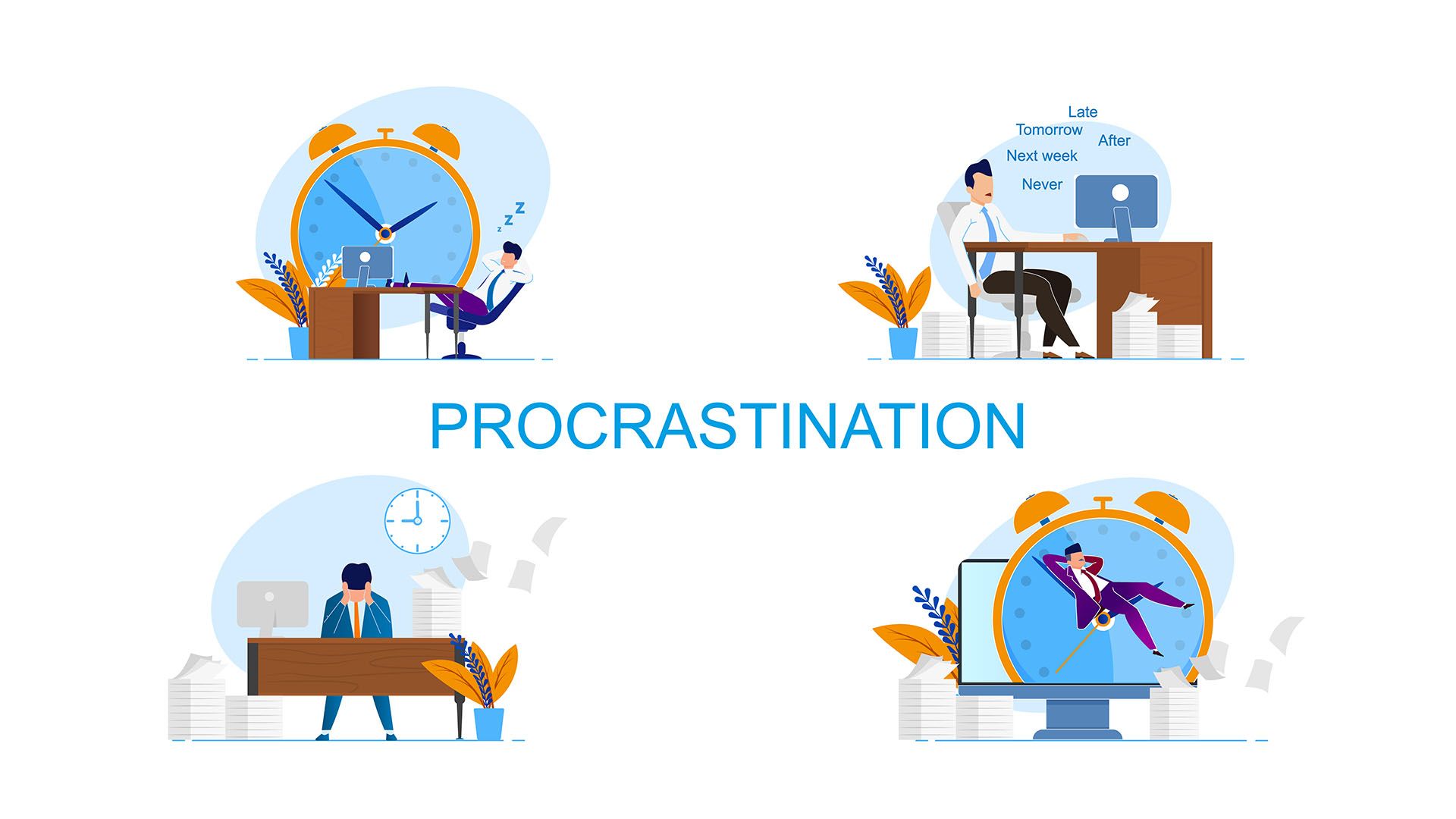Have you ever wondered why people procrastinate? Psychological research provides valuable explanations into these behaviors, revealing how they develop and how to overcome them.
In this article, we will examine the psychological mechanisms behind procrastination, emotional dependency, and síndrome do imposto impostor syndrome. By understanding the science behind these challenges, you can take actionable steps toward self-improvement.
What is Procrastination?
Procrastination is not just laziness; it’s a complex psychological phenomenon. Studies in neuroscience show that conflict between brain regions often leads to procrastination.

The limbic system, which governs emotions and immediate gratification, tends to dominate the logical decision-making center. This results in prioritizing short-term comfort over long-term goals. Techniques like mindfulness and CBT can help rewire these patterns.
What is Emotional Dependency?
Emotional dependency has its roots in psychological attachment. Studies suggest that early relationships with caregivers play a significant role in shaping dependency behaviors.
For example, people with insecure attachment styles may develop excessive reliance on others. To overcome emotional dependency involves building emotional self-reliance through therapeutic interventions.
The Cognitive Science of Impostor Syndrome
Impostor syndrome stems from biased mental patterns, such as unrealistic self-expectations. Psychological research indicate that individuals with impostor syndrome exhibit thought patterns that undermine their confidence.

The constant fear of inadequacy and difficulty in accepting success. Strategies like restructuring thought patterns and mindfulness-based stress reduction (MBSR) have proven effective.
How to Overcome These Challenges Using Research-Based Strategies
Understanding the science is the first step, but implementing evidence-based solutions is critical. Here are key research-supported techniques:
- Procrastination: Use implementation intentions—specific plans that link a goal to a cue, such as “If it’s 9 AM, I will start writing my report.”
- Emotional Dependency: Practice self-differentiation, a technique where you focus on identifying your own needs separate from others’ expectations.
- Impostor Syndrome: Keep a success journal to document your accomplishments and review them regularly to challenge distorted self-perceptions.
como se livrar de dependência emocionalcomo acabar com a dependencia emocional
These approaches are supported by empirical studies, making them reliable tools for personal development.
Why Understanding the Science Matters
Procrastination, emotional dependency, and impostor syndrome are not insurmountable when you understand their scientific underpinnings. By addressing the brain’s tendencies, psychological patterns, and cognitive distortions, it’s possible to create lasting positive change.
Awareness is the key to growth. Take the first step today by applying these strategies to unlock your potential and thrive.